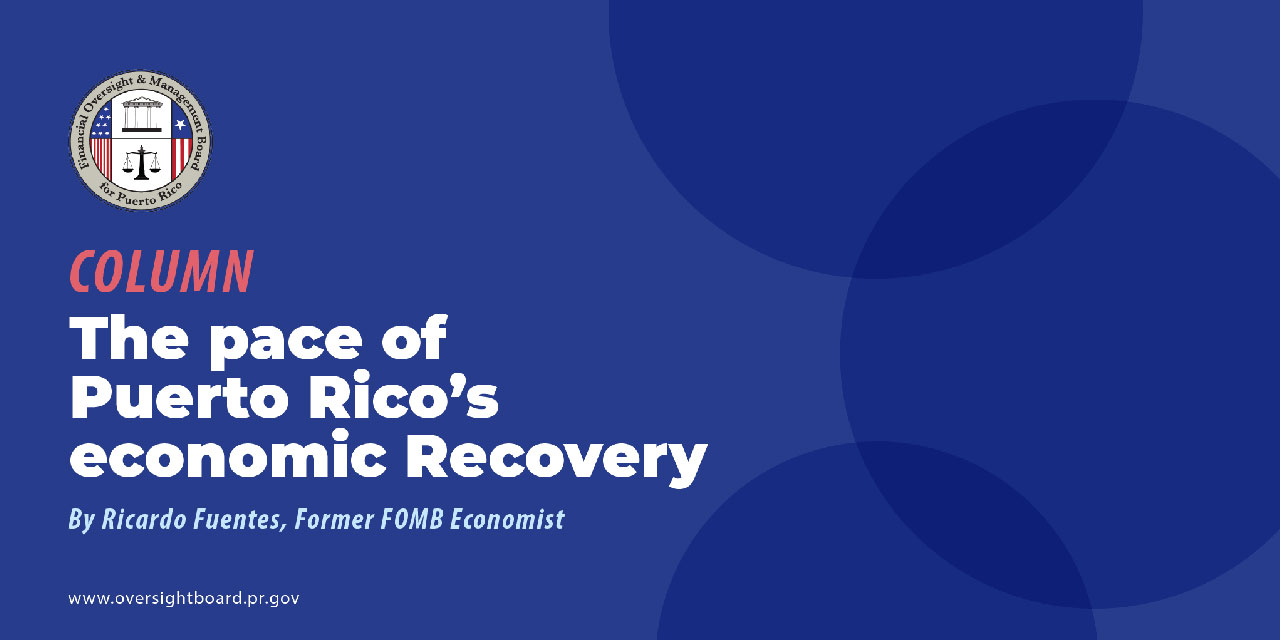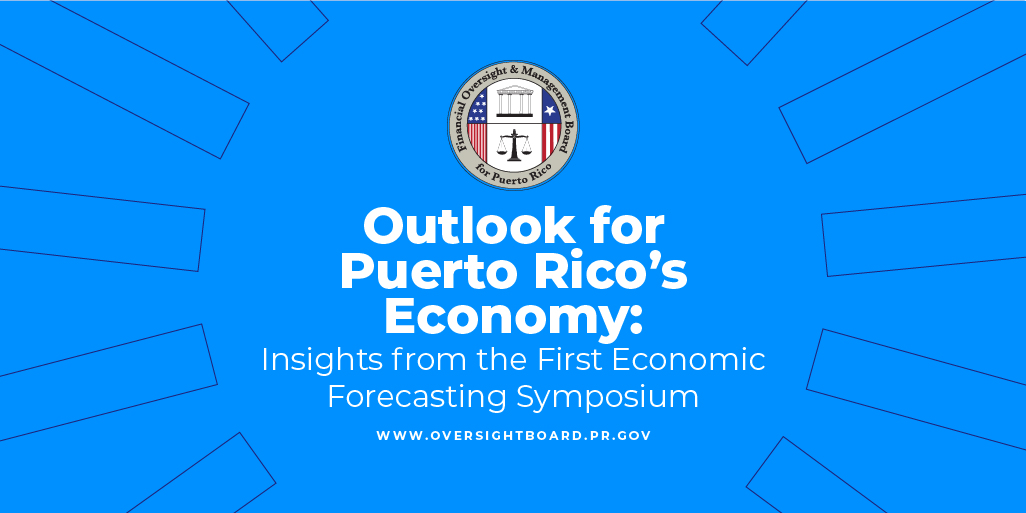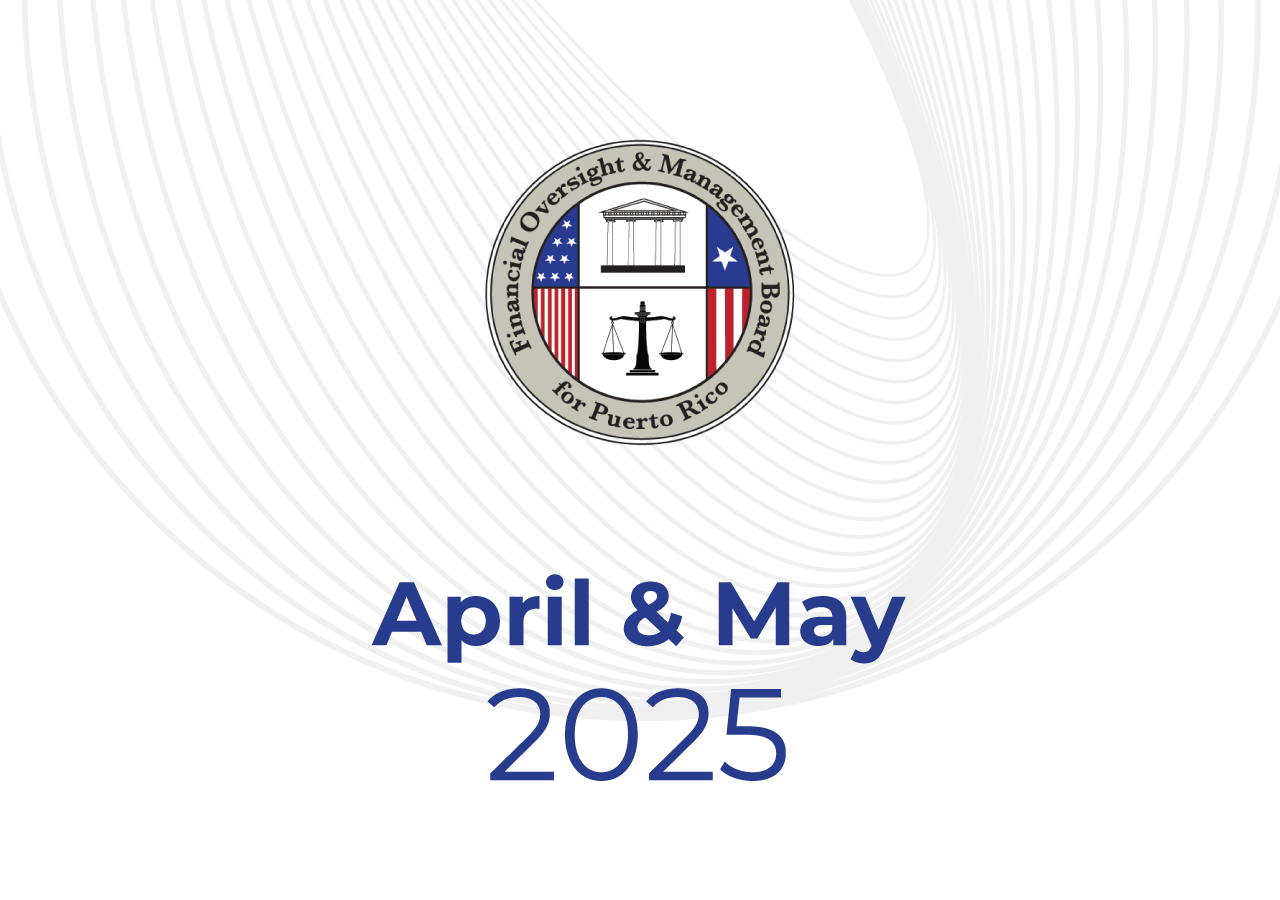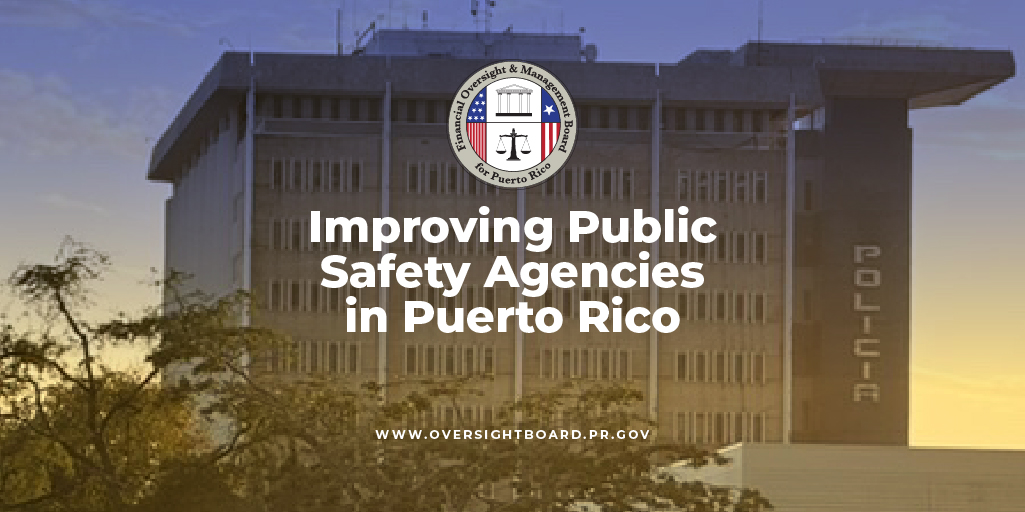This column was originally published in Spanish by Sin Comillas, February 8, 2021.
For the past 50 years, every Puerto Rico government produced an economic development plan. Academia and the private sector added numerous studies. None of the plans have been implemented, the studies keep piling up, and Puerto Rico’s economy isn’t growing.
What is holding Puerto Rico back is not a lack of ideas or resources. What is holding Puerto Rico back is what is known among policy and development experts as weak institutional capacity. In other words, the government has not been effective in making the changes that would generate economic growth, resulting in a lack of sufficient progress in implementing reforms that would eliminate barriers to economic development and growth.
How can Puerto Ricans know how effective or ineffective our government is? We can measure it. To help track how Puerto Rico compares with other economies around the world, the Oversight Board launched a new web page with third-party indicators and interactive dashboards that allow everyone to see how independent third parties assess Puerto Rico’s positioning and progress in a variety of areas and dimensions.
There are areas where Puerto Rico is performing well. For example, in years of schooling Puerto Rico ranks among the highest in the world. In particular, the education of Puerto Rican women is comparable to that of women in highly educated economies such as Norway and Finland. This is one of the indicators used to estimate the Inequality-Adjusted Human Development Index (I-HDI). The I-HDI Dashboard illustrates how Puerto Rico compares with other jurisdictions not only in terms of income, but also in health and education.
Nevertheless, there are many areas in which we are behind, including governance. To monitor progress in governance and measure its impact on the economy, the World Bank publishes its Worldwide Governance Indicators for over 200 countries and territories. The six categories of governance outlined by the World Bank are government effectiveness, rule of law, control of corruption, regulatory quality, political stability, and accountability.
As shown in the Worldwide Governance Dashboard, Puerto Rico is significantly outranked in all six of the governance indicators, even by its regional competitors. In 2019, Puerto Rico’s lowest ranking was government effectiveness. In this category, Puerto Rico ranked No. 115 among 209 countries and territories. Singapore ranked No. 1, and the United States No. 19. Competitors in Latin America are also ahead: Chile ranked 39 and Costa Rica 68.
The score incorporates elements such as lack of excessive bureaucracy, effective handling of education and health services, quality of budgetary and financial management, effective implementation of government decisions, and stability in policy even during transitions from one political party holding office to another. These are areas that would improve enormously with the implementation of the critical structural reforms defined in the Certified Fiscal Plan for Puerto Rico.
These structural reforms are closely related to incremental elements of transformation that are also needed, such as comprehensive tax reform that is fair, efficient, and not undermined by excessive tax credits; civil service reform that ensures government career employees are hired and promoted based on a rigorous merit system; and establishing nonpartisan entities that can provide independent analyses of the fiscal and economic impact of legislation and policy, as well as entities that would ensure long-term fiscal and economic planning beyond partisan politics and changes in administrations.
For Puerto Rico to embark on a path toward long-term real economic development, it must first embark on a process that enables implementation of the required structural reforms to change the economy and welcome investment and the creation of good jobs. After hurricanes, earthquakes, and the pandemic, this process is more urgent than ever.





